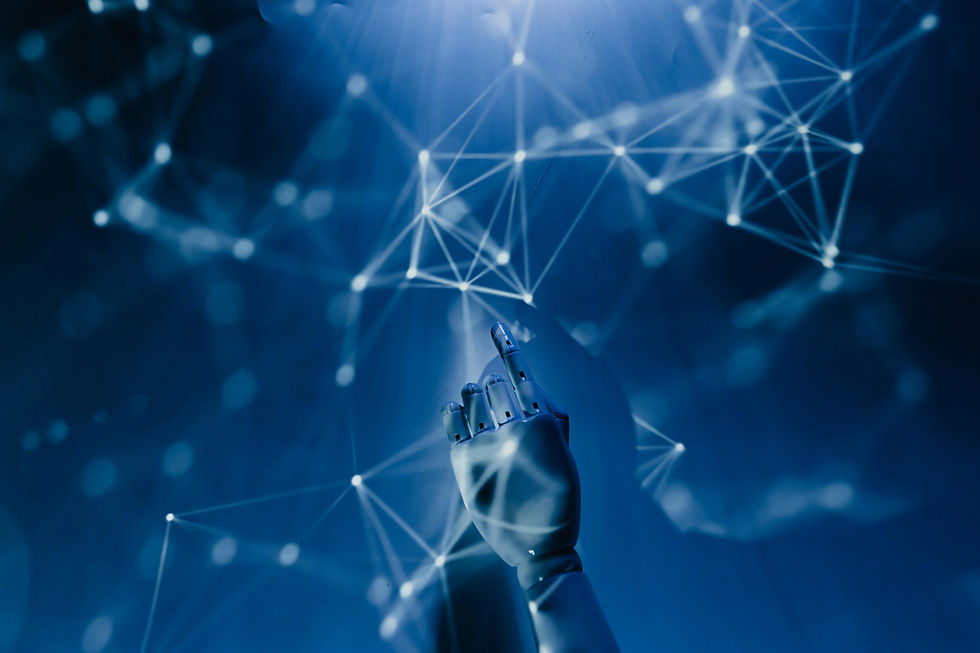In a revolutionary leap forward, artificial intelligence (AI) has begun to reshape daily routines with unprecedented efficiency and innovation. From streamlining household tasks to enhancing workplace productivity, AI’s transformative impact is becoming increasingly palpable across various facets of society.
One of the most notable advancements is the integration of AI into smart home systems. Imagine waking up to a house that adjusts its lighting and temperature according to your morning routine thegeorgiabulletin.com, or a kitchen that prepares your coffee just as you step out of bed. These AI-driven conveniences not only simplify daily chores but also pave the way for more energy-efficient living.
Beyond the domestic sphere, AI is revolutionizing industries such as healthcare and finance. In healthcare, AI algorithms are being deployed to analyze medical data and assist in diagnostics, potentially revolutionizing personalized treatment plans. Moreover, in the financial sector, AI-powered tools are enhancing risk assessment and fraud detection, ensuring greater security and efficiency in transactions.
The impact of AI extends further into education, where personalized learning platforms powered by AI algorithms cater to individual student needs, offering tailored educational experiences that maximize learning outcomes. Similarly, in transportation, AI is driving the development of autonomous vehicles, promising safer roads and more efficient urban mobility solutions.
However, amidst these advancements, concerns regarding data privacy and AI ethics persist. The collection and utilization of vast amounts of personal data raise questions about security and the ethical implications of AI decision-making processes. Striking a balance between technological advancement and ethical responsibility remains a critical challenge for developers and policymakers alike.
Looking ahead, the trajectory of AI development promises a future where human-machine collaboration unlocks new possibilities across all aspects of life. As AI continues to evolve, its potential to redefine industries and enhance everyday experiences underscores the need for ongoing dialogue and regulation to ensure its responsible integration into society.
In conclusion, while AI presents unparalleled opportunities for innovation and efficiency, its implementation must be guided by principles that prioritize human well-being and ethical considerations. By harnessing AI responsibly, society can harness its transformative power to create a more connected, efficient, and equitable future for all.





